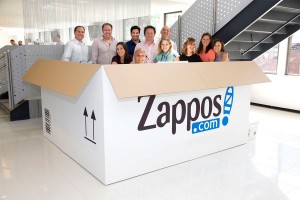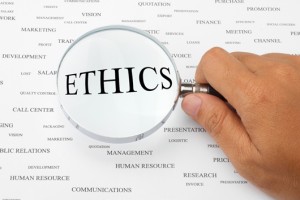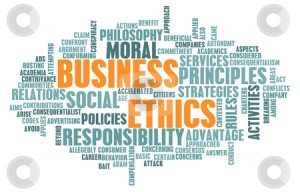Zappos is a company that believes that a healthy, positive organizational culture will increase the productivity of workers and therefore lead to a raise in customer satisfaction of the products and services. In order to achieve such values within the company, Zappos considers their employees as a very important asset by regularly hosting parties for their employees, offering free snacks during breaks, and treating each of their employees equally and fairly through not having job titles and managers. From my analysis, I do not agree with the fact that a healthy, positive organizational culture will lead to increase in productivity of workers. Instead, I believe that without a certain extent of negative discipline and punishment, there will not be growth for the company because since employees know that no matter how hard they try in work, there will not be promotion to higher ranking and that the benefits they receive are still the same as if they do not work as hard. This type of workforce is comparable to the system of working in a communist state because in a communist state, everyone gets the same pay regardless of the different work load and professions. This encourages people to become unwilling to innovate due to the fact that there is no potential increase in status and ranking in society. In short, it is ineffective to increase productivity of workers through having a healthy, positive organizational culture in a company.
Reference:
http://qz.com/161210/zappos-is-going-holacratic-no-job-titles-no-managers-no-hierarchy/








